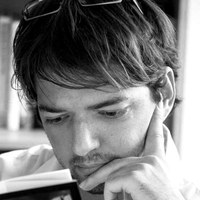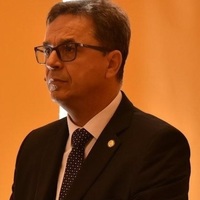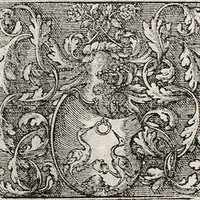
Ferenc Laczó
Ferenc Laczó is assistant professor in European history at Maastricht University (https://www.maastrichtuniversity.nl/f.laczo). Laczó was previously employed as a researcher at the Imre Kertész Kolleg Jena (2010 to 2015). He holds a PhD in comparative history, which he received from the Central European University in 2011. Laczó is the author of three books, including Hungarian Jews in the Age of Genocide. An Intellectual History, 1929-48 (Leiden: Brill, 2016). He has published peer reviewed articles in journals such as Holocaust Studies, the Hungarian Historical Review, the Journal of Modern Jewish Studies, Contributions to the History of Concepts, and the Leo Baeck Institute Yearbook. Laczó's main fields of interest are political and intellectual history, European history in the twentieth century with a special focus on Central and Eastern Europe, Jewish history and the history of the Holocaust, and questions of history and memory.
less
Related Authors
Attila Ágh
Corvinus University of Budapest
Miklós Sebők
Hungarian Academy of Sciences, Centre for Social Sciences,
Áron Domokos
Szent István University
Gábor Éberhardt (PhD)
University of Public Service
Rita Szűts-Novák
Eszterházy Károly University
Melinda Kindl
Independent Scholar
Zoltán Erdős
Eötvös Loránd University Budapest
InterestsView All (17)








Uploads
Books by Ferenc Laczó
Edited Volumes by Ferenc Laczó
Papers by Ferenc Laczó
"It is impossible, after reading this volume, to still give any credit to those who claimed that 1989 was a revolution without ideas, or could not be a revolution because it offered no ideas. We should be grateful that a new generation of scholars—most of whom not burdened by the assumptions and affinities that have inhibited participants and contemporary observers—can look with a cool eye both at the thinking that accompanied radical change and at the sometimes bizarre amalgams that have furnished political language in the last quarter-century in East Central Europe." - Padraic Kenney, Professor of History and International Studies, Indiana University
"This is the most comprehensive and balanced intellectual history so far available of post-communist East Central Europe, and it is particularly instructive on the diversity of the field. The book is essential reading for those who want to know how the multiple transformations of the region were understood from within." - Jóhann P. Árnason, Professor Emeritus of Sociology, La Trobe University,Melbourne